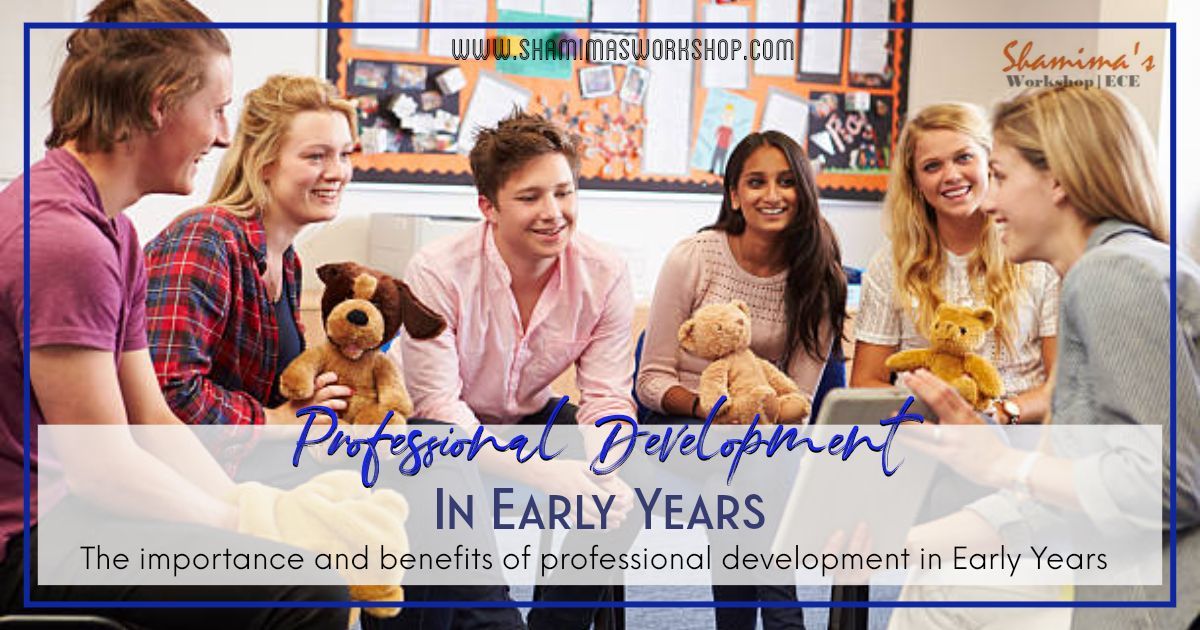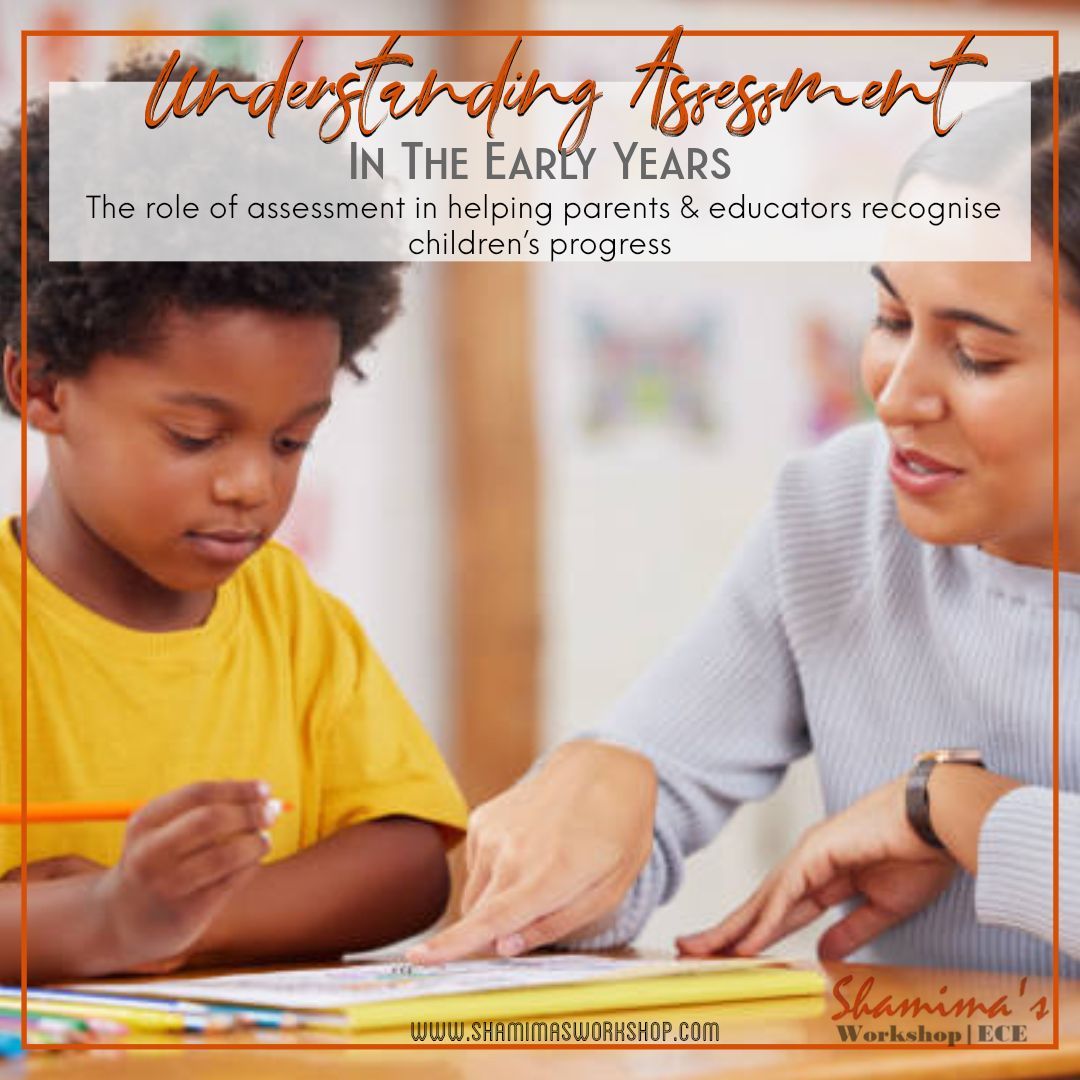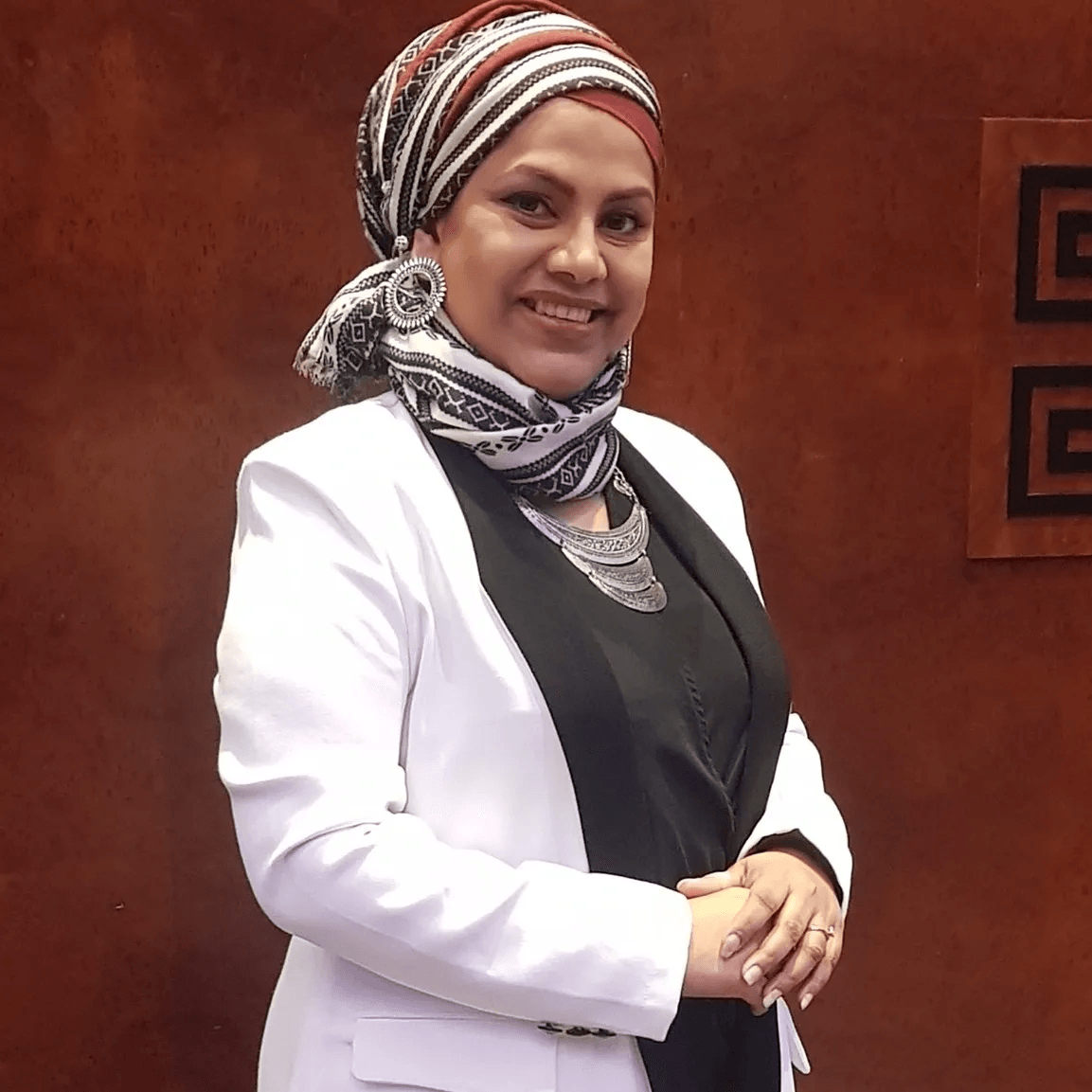Professional Development Opportunities For Early Childhood Educators
PROFESSIONAL DEVELOPMENT OPPORTUNITIES
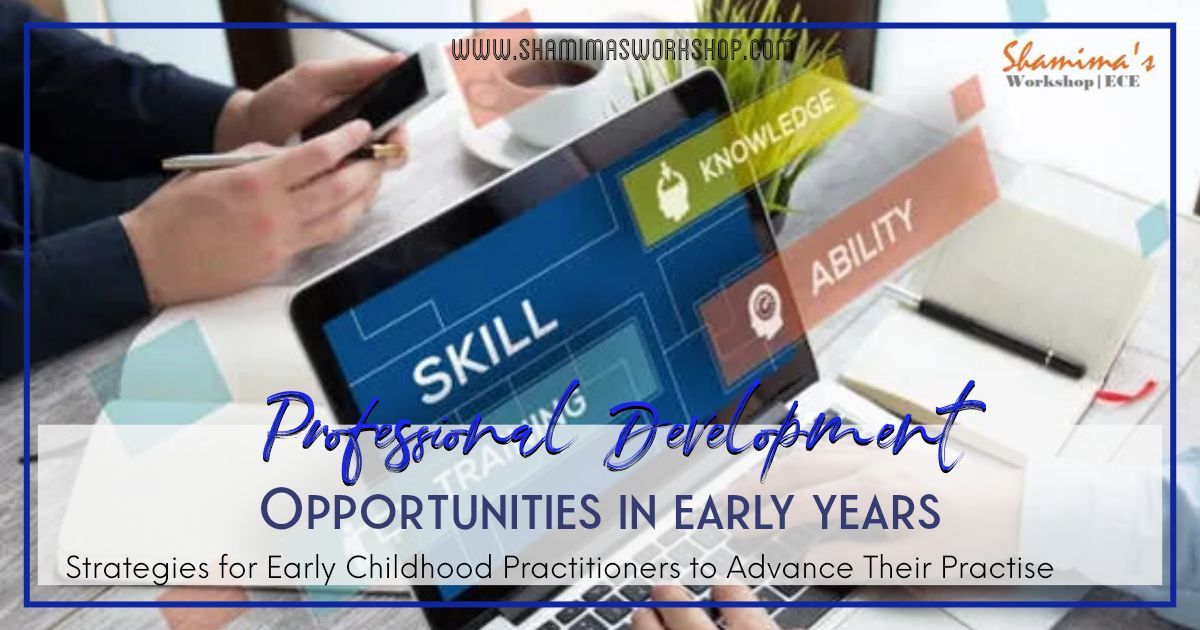
Training Courses:
There are short training courses available in the majority of local areas. Many training courses are only a few hours long, but some can be much longer. Short training courses are typically organized by local governments, but they can also be organized by local networks. Training courses can help you learn more about a specific aspect of working with children, such as encouraging good behaviour or providing opportunities for math. Short training courses are also excellent ways to meet people from various early childhood settings. A certificate of attendance is usually given at the end of a training course.
Participate in conferences and seminars. Conferences are fantastic learning opportunities because they allow you to hear from industry leaders, network with your peers, and shop for new books, equipment, and supplies for your childcare centre. Every year, a variety of one-day conferences with national speakers are held. Attending a conference may require some travel, but it can be interesting to hear the perspectives of early childhood experts as well as leaders in the field of education. While most conferences and seminars charge a fee to attend, some local governments organise conferences at little or no cost.
Reading:
There are numerous professional journals, blogs, and newspapers for the early years as well as the larger education sector. Picking out articles and reading them is a good way to learn more about any aspect of early childhood education. Ideally, it is beneficial to discuss them with others afterwards, as the process of discussion often leads to us becoming more reflective in our practise.
Peer observation:
Peer observation is an invaluable tool for professional development in early years settings. When you observe your practice with colleagues and provide feedback, it creates a supportive environment that promotes growth and learning. A foundation of trust is essential, as it allows for open and honest communication. Knowing that the observer has your best interests at heart helps create a safe space for feedback that is sensitive but constructive.
To ensure a focused observation, it is useful to agree on specific areas or aspects of your practice that the observer will focus on. This could be your interactions with children, strategies to promote active learning, or your ability to support individual needs. By narrowing the focus, you can get feedback that directly aligns with your goals and areas for improvement.
Some early years settings have developed peer observation sheets or forms that provide a structured framework for observation and feedback. These tools can guide the observer to record their observations, make notes about significant moments, and highlight strengths and suggestions for improvement. Using such sheets can streamline the monitoring process and ensure feedback is comprehensive and relevant.
A significant advantage of peer observation is the familiarity that exists between the observer and the practitioner. This familiarity allows for deeper discussion and a better understanding of the context in which practice occurs. You can have meaningful conversations with your observer, gain more insight into the observations made, and explore potential strategies to enhance your practice.
Appraisal:
In early years settings, it is common practice to establish a team of staff responsible for conducting appraisal on an annual or half-yearly basis. These appraisal provide a comprehensive overview of your professional performance, including your strengths, weaknesses and areas for future development. Typically, this process is performed by the setting's manager or deputy, who evaluates your work through observation and seeks input from your peers.
An important aspect of the appraisal process is your own reflection and input regarding your practice. You have the opportunity to share your thoughts, insights and areas where you believe improvement is needed. This helps provide a holistic perspective on your professional development.
During the appraisal, you will likely engage in a detailed discussion with your appraiser. They will guide you through an analysis of your work, highlight significant aspects and together you will agree on areas to focus on for improvement. This collaborative approach ensures that your goals are aligned with the assessment results.
After discussion, it is considered good practice to develop a development plan. This plan outlines your goals as well as strategies and activities that will facilitate your progress. A development plan serves as a roadmap for your professional growth, helping you stay focused and committed to achieving your goals. To monitor your progress towards agreed goals, regular meetings should be scheduled. These meetings provide an opportunity to review and discuss your development plan, assess your progress and make any necessary adjustments. Regular check-ins and ongoing support ensure you receive guidance and encouragement on your professional development journey.
Self-evaluation:
Self-evaluation involves practitioners reflecting critically on their own practice and identifying areas for improvement. This approach encourages individuals to take ownership of their professional development. This can be done through self-reflection, documentation and gathering evidence of practice. Practitioners analyze their strengths, challenges and areas where they can further improve their skills and knowledge. They can review their own observations, assessments and documentation of children's learning to gain insight into their practice. Through self-assessment, practitioners identify their own professional development needs and can then provide appropriate resources, training, or mentoring to address those needs.
In addition to focusing on personal development, it is worth considering the development of others and how you can contribute to their growth. However, it is also essential to engage in self-evaluation, which involves objectively reflecting on your own strengths and areas for improvement. Although self-assessment can be challenging, it is an important process that informs your next steps Here are some questions that can support self-assessment.
Visits to other setting:
It is always beneficial to visit a variety of early childhood settings. It can assist us in learning new ideas and methods of working. Most practitioners find it to be a very useful tool for helping them reflect on their own development as well as think about their pedagogy.
Courses leading to Qualification:
It is possible that you should consider furthering your education to obtain a recognized qualification. There are several options for obtaining additional qualifications, including distance learning courses, enrolling in a local college or university, or enrolling in a week-long course. There are numerous benefits to pursuing additional qualifications, including becoming a better practitioner, meeting new people while working in the early years, and being able to apply for more demanding roles later on.
Barriers To Leveling Up Your Professional Development
Regardless of their role or level within an organisation, all employees have the potential for professional growth and development. The level of professional development an employee can achieve may be determined by a number of factors, including available resources, organisational support, and the employee's motivation and commitment. However, there are times when some barriers may exist. Among these impediments are the following:
Financial Constraints
Professional development can be expensive; may need more means to afford education or training. This can be due to low income, lack of savings, or high education costs.
Time Restriction
Employees may have busy schedules or family responsibilities that make it difficult for them to attend training or development opportunities on occasion. Long working hours, commuting, or caring for family members are examples of this.
The Fear of Failure
Employees are often hesitant to pursue professional development opportunities because they are afraid of failing or lack confidence. They may be concerned about not completing the training or applying what they have learned on the job.
Inadequate Motivation
Some employees may be unmotivated to pursue professional development opportunities because they do not see their worth. Certain employees are also unwilling to advance professionally or take on new responsibilities. This could be because they are happy in their current position and would prefer to avoid the additional mental load that comes with training and promotions.
Inadequate Feedback
Employees may be unable to identify problem areas and assess their own strengths and weaknesses if they do not receive adequate feedback. Managers or supervisors may be to blame for a lack of organisation or poor communication. Workers may be unaware whether they are on the right track, meeting expectations, or need to improve in certain areas if they do not receive accurate feedback.
Final Thought:
Professional development is fundamental to both personal and professional growth. It is essential to remember that keeping up with the fast-paced and always-changing demands of the workforce requires a lifetime of effort. Also, professional development should be considered a continual process that calls for passion and commitment from all parties involved, as it is a journey rather than a destination.
Shamima's Early Years Blog
Welcome
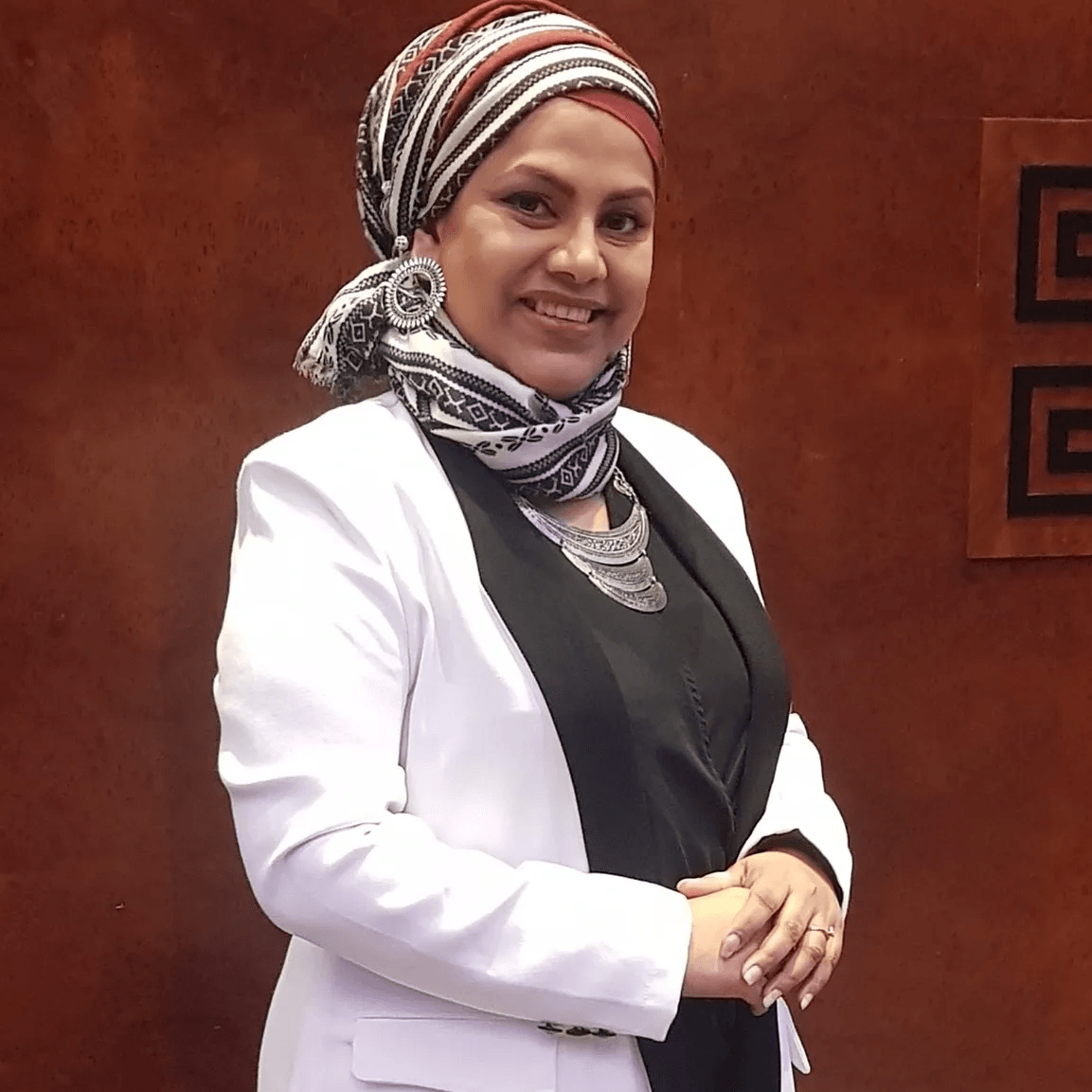
Hi, i am Shamima Fowzee, an early years educator, trainer and consultant. I Share ideas, inspiration, & resources for play-based, inquiry-led learning. Find out more about me here.
SHOP NOW
RECENT POST
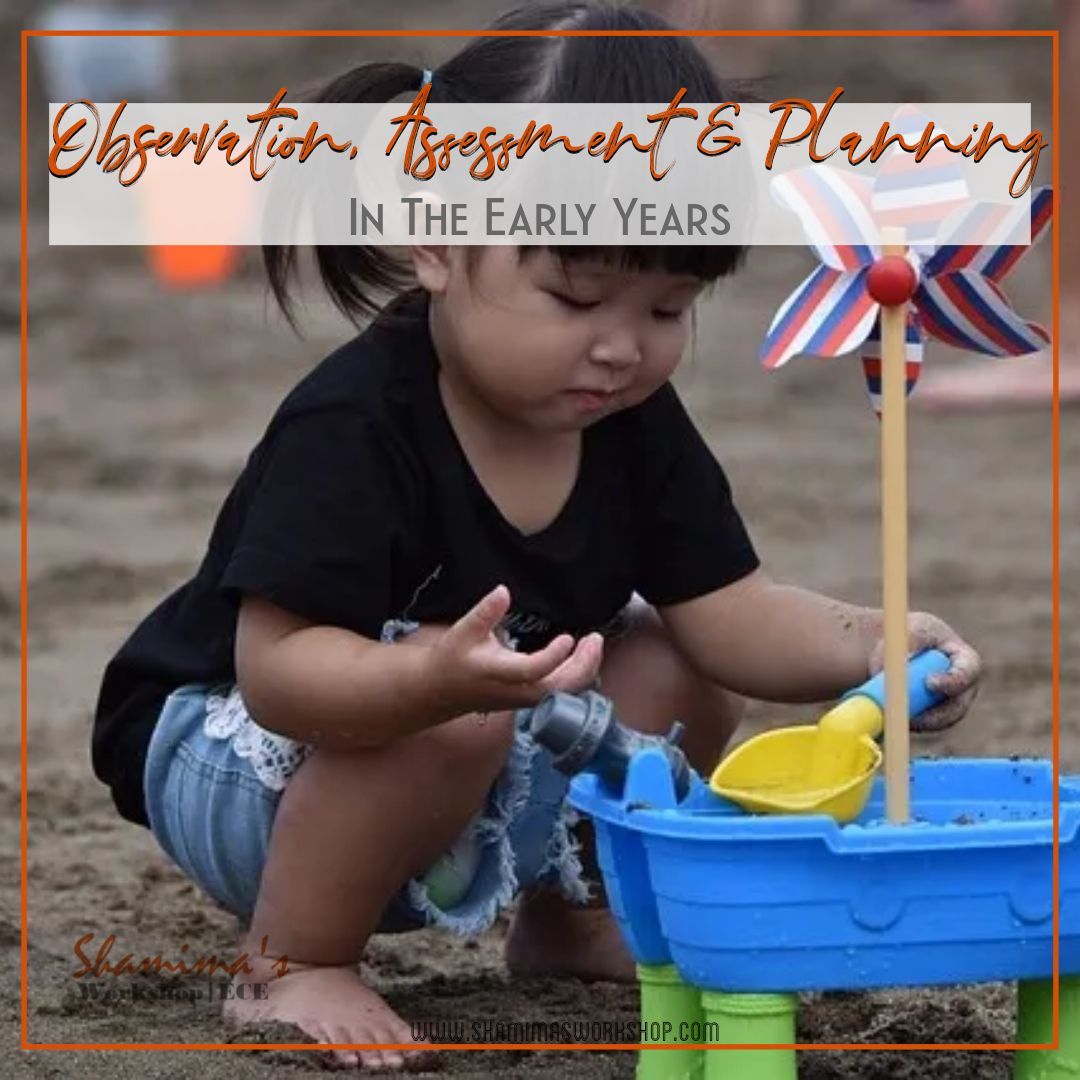

How can I thank you? Spread the word!
For everyone who is passionate about the importance of Early Years.

